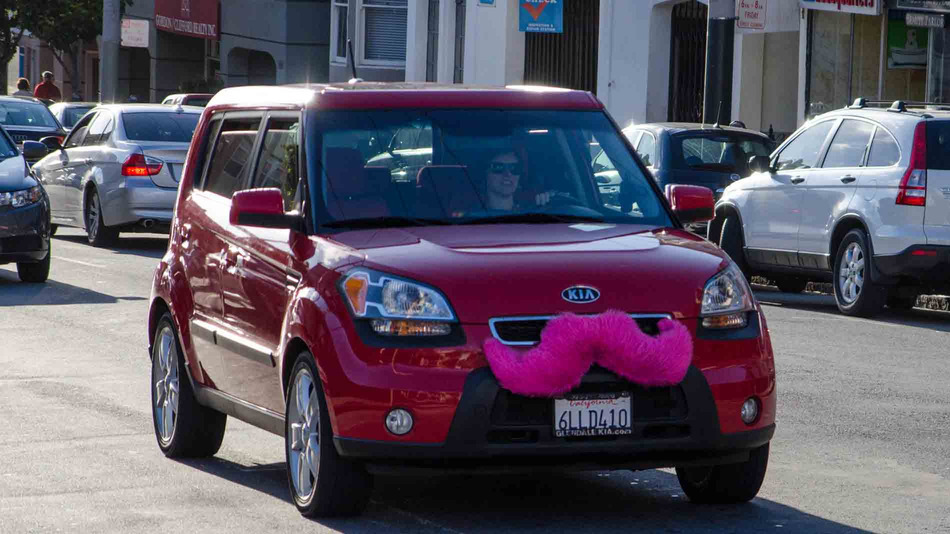Uber and Lyft are not just increasing congestion and hurting transit, they are literally killing us.
A new study [PDF] from the Booth School at the University of Chicago estimates Uber and Lyft have increased traffic deaths by 2-3 percent nationally. That's as many as 1,100 additional deaths a year — a small, but significant contribution to the increase in traffic deaths in the U.S. since 2011, the authors say.
Uber and Lyft have tried to market themselves as green companies that can help solve urban transportation problems, but the evidence keeps piling up that they are making many problems worse.
This new study backs up previous findings that Uber and Lyft have cannibalized transit trips and increased driving. The study found that cities with high adoption of Uber and Lyft had 3 percent more total miles driven daily on average than cities with low adoption. The effect was even bigger in larger cities and cities that had high rates of transit ridership. And more miles mean more deaths.
""We need to think of the wholistic costs and benefits," lead author John Barrios told Streetsblog. "We can’t just focus on the benefits and ignore the costs."
The costs are significant: Cities with high Uber and Lyft usage had more pedestrian deaths, more traffic deaths at night, more traffic deaths on weekends and more traffic deaths overall than the trend would have predicted, compared to other cities. Even drunk driving deaths were essentially unchanged by the presence of Uber and Lyft, Barrios and his team found.
On total car ownership, more bad news. Cities with high Uber and Lyft activity actually had 3 percent higher new vehicle registrations (see this for New York City's experience). Uber and Lyft might discourage car ownership among some higher-income riders, but app-based taxis seem to induce more car buying among lower-income people that work as drivers, Barrios found.
As Streetsblog reported, Uber and Lyft increase congestion partly because drivers spend 40 to 60 percent of their time circling without passengers, also known as "deadheading." Barrios and his team said, Uber and Lyft's policies make the problem worse.
"Rideshare companies often subsidize drivers to stay on the road even when utilization is low, to ensure that supply is quickly available," they wrote.
In addition, drivers for Uber and Lyft receive little training and are relatively inexperienced compared to the taxi drivers they replaced. And the companies perform little quality control compared to other commercial drivers.
Edna Umeh, a school crossing guard, was killed in November in suburban Atlanta when she was struck at 51 miles per hour — about twice the speed limit — by a Uber driver. The driver, Lamonte Whitaker, said he had fallen asleep at the wheel.
Uber has been slow to impose limits on drowsy driving that apply to other commercial drivers. Just this year, it imposed a rule that drivers must take a six-hour break after driving for 12 hours straight, a much weaker standard than the federal government requires for most commercial drivers.
A spokesperson for Lyft called the study "deeply flawed" in a statement. "Numerous studies have shown that rideshare has reduced DUIs, provided safe transportation in areas underserved by other options, and dramatically improved mobility in cities."
But Barrios said the other studies that showed Uber and Lyft reduce DUIs did not properly control for the fact that DUIs had already begun to decline before ride-hailing apps were introduced.






